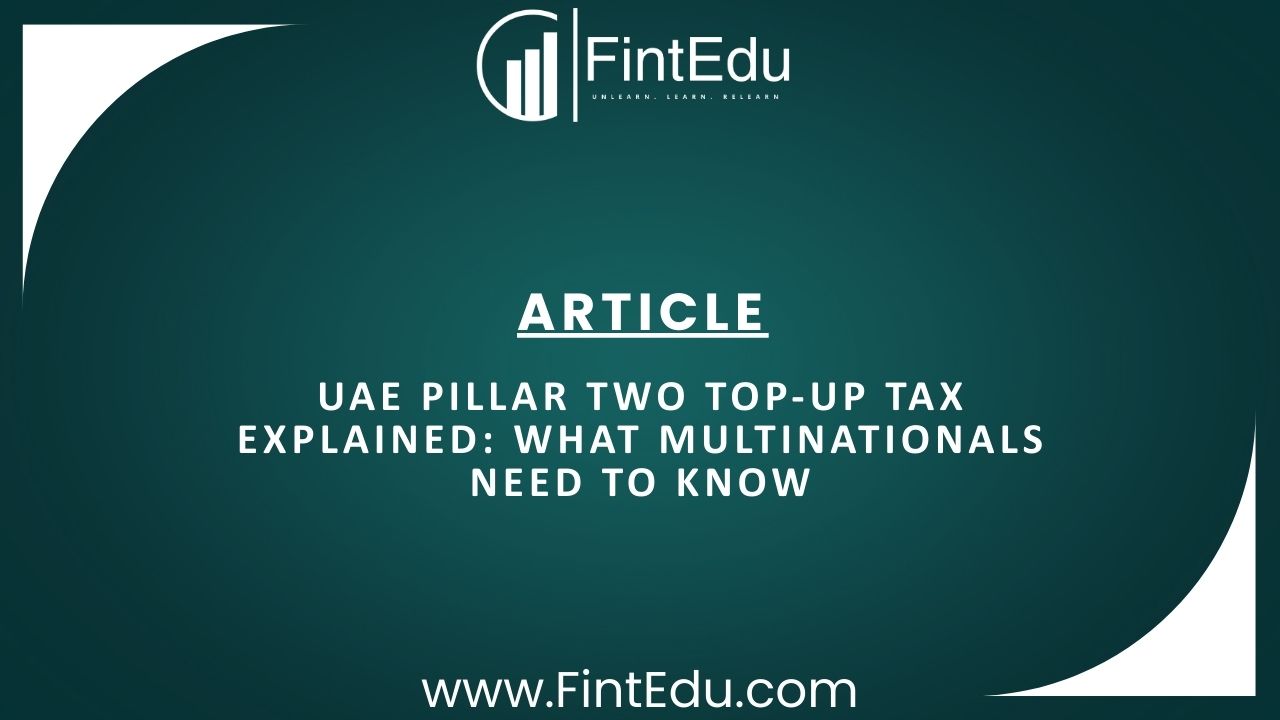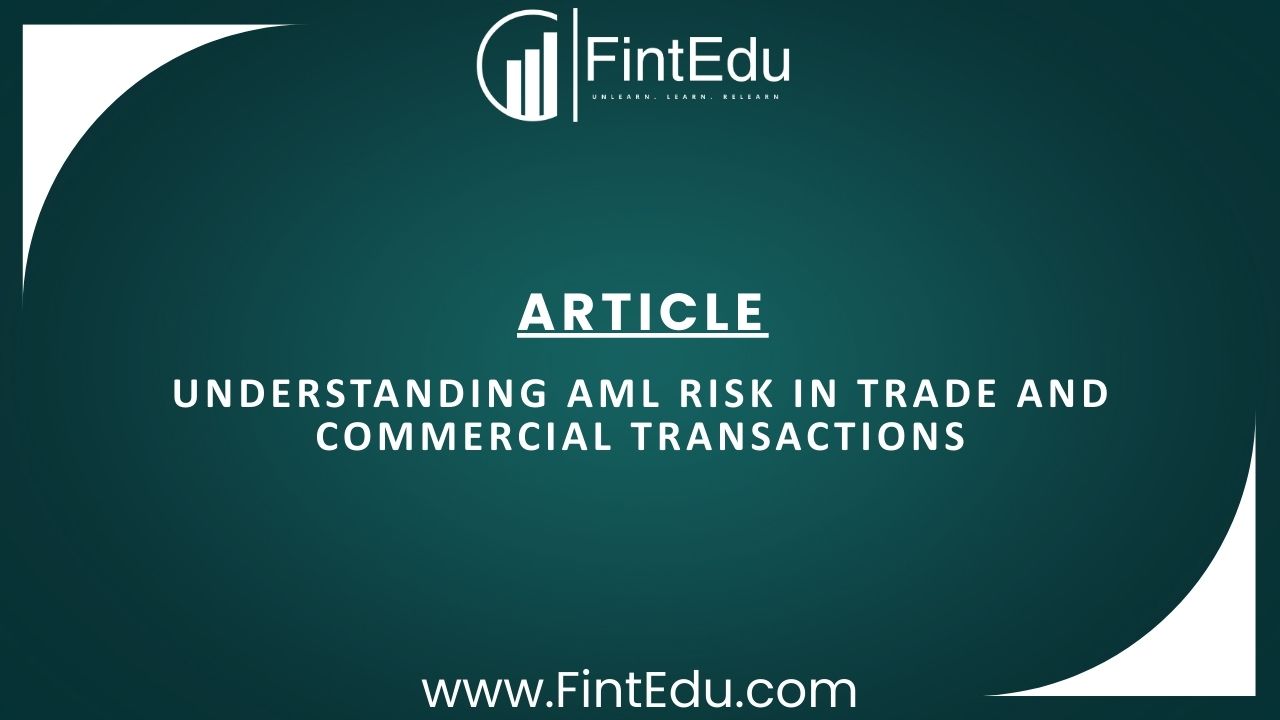LISTEN TO THIS ARTICLE
The FTA has recently issued guidelines on Investment Funds and Investment Managers. This article delves into the intricacies of the UAE Corporate Tax Law (CT Law) applicable to resident and on-resident investors in a Qualifying Investment Funds (QIFs).
Inclusion of QIFs’ Income
Investors classified as Taxable Persons in QIFs must include their proportionate share of the QIF’s net income in their Taxable Income. If the investor is an Exempt Person in the UAE, income from QIFs will not be taxed.
Besides, taxation is also based on the residential status of the Taxable Person as discussed below:
1.For a Resident Juridical Person investors, any net income available for distribution, that is not Exempt Income, is treated as Taxable Income.
2.Resident Natural Person investors will be taxed on income from QIFs if the investment is part of a business or business activity conducted by the individual. Thus, if a UAE resident natural person invests personal savings in QIFs to earn investment income, such income is treated as personal investment income and not taxed in the UAE.
3.For a Non-Resident Person, any net income that is not Exempt Income, will be taken into account if it is attributable to its Permanent Establishment (PE) in the UAE.
Allocation of Income
At the Fund Level:
In QIFs, the allocation of income is crucial for tax considerations and transparency. The net income available for distribution is divided into distinct categories as depicted below.
Category | Description |
Exempt Income
| Includes dividend income from Resident Persons and foreign juridical persons meeting Participation Exemption conditions, certain capital gains, foreign exchange gains or losses in relation to a Participating Interest. |
Interest Income
| Includes amounts accrued or paid for financial transactions, including Islamic Financial Instruments and other finance-raising activities.
|
Income from Immovable Property in the UAE
| Reflecting net income generated from properties located within the UAE.
|
Other Income
| Encompassing any remaining net income not falling into the aforementioned categories.
|
At the Investor Level (Taxable Persons):
Taxable Persons must report their proportionate share of net income from QIFs as their Taxable Income. The income categorization applicable to the QIFs also applies to the investors, i.e., income considered as interest income for the QIF will be considered as interest income for the investors too and taxed accordingly.
Taxation of income at investor level also depends on factors like their residential status. For instance, interest income from the QIF is taxable for a Resident Juridical Person investor while it is not considered as income for a Non-resident Juridical Person investor that does not have a PE in the UAE.
Further, investors may be entitled to certain tax benefits on such income from QIFs, viz.
- a deduction of net interest expenditure up to AED 12 million;
- an exemption on capital gains from disposal of ownership interests in QIFs subject to specific conditions;
- a benefit under tax treaties where income from investments in QIFs may not be taxed for the investors or may be entitled to relief from double taxation.
Conclusion
Attribution of income to investors in a QIF generally requires an adjustment where the tax year followed by QIFs and the investors is different or investment is made during the course of the year. Besides, claiming benefits under the tax treaties can often lead to double non-taxation, thus inviting ire of tax authorities.
Despite these issues which are prevalent in other countries too, the guidelines serve as an important roadmap on taxation of income of investors in a QIFs.
Related Article:
Taxation of Investment Funds and Investment Managers in the UAE
Disclaimer: Content posted is for informational and knowledge sharing purposes only, and is not intended to be a substitute for professional advice related to tax, finance or accounting. The view/interpretation of the publisher is based on the available Law, guidelines and information. Each reader should take due professional care before you act after reading the contents of that article/post. No warranty whatsoever is made that any of the articles are accurate and is not intended to provide, and should not be relied on for tax or accounting advice.
Contributor
Related Posts

The UAE has introduced a new top-up tax regime as part of its commitment to global tax reforms und...
Read More
Anti Money Laundering is often viewed as a complex regulatory requirement. In reality it plays a sim...
Read More
Trade and commercial activity form the backbone of regional economic growth. Large volumes of goods ...
Read More